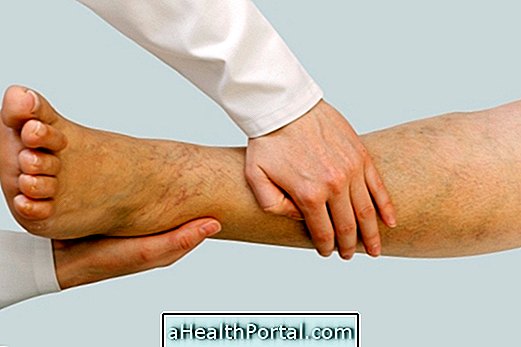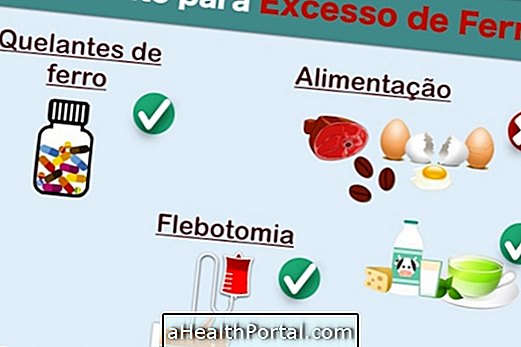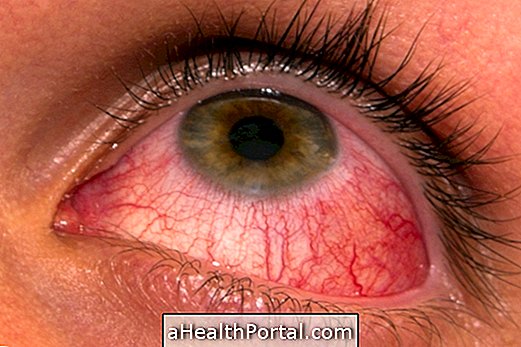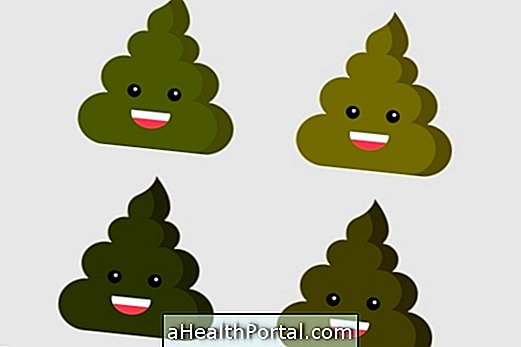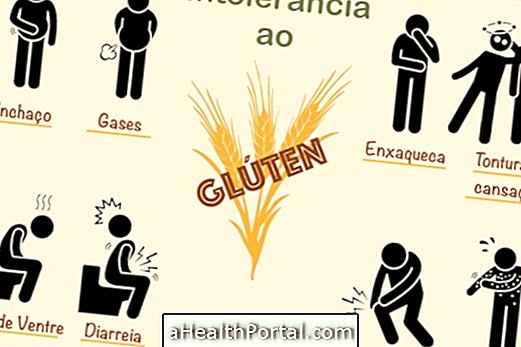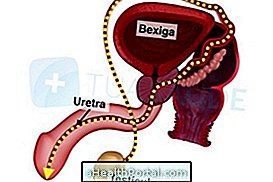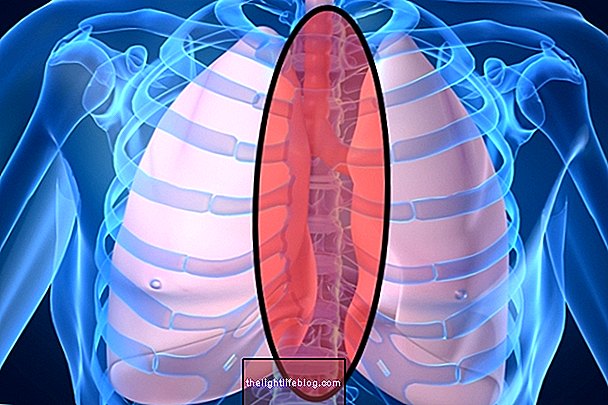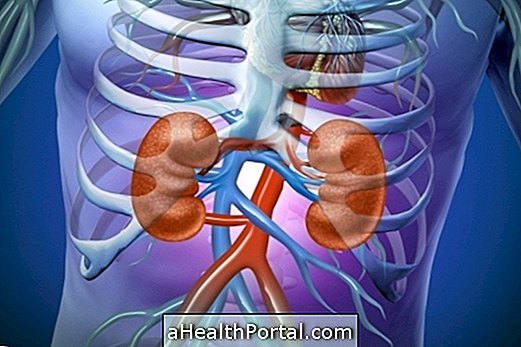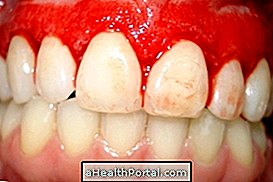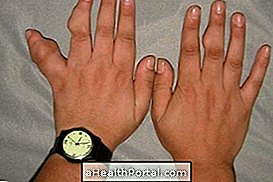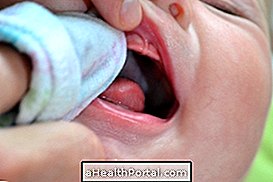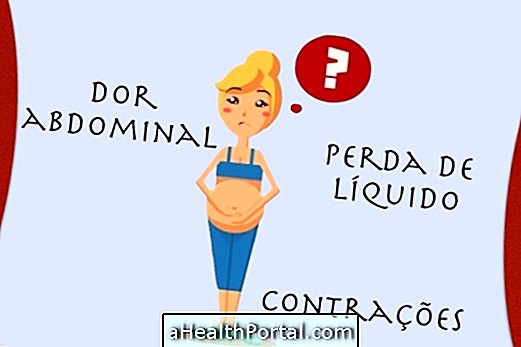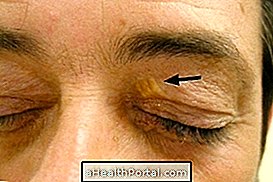Treatment for leptospirosis can in most cases be done at home using antibiotics such as Amoxicillin, Doxicillin or Ampicillin, for example for 5 to 7 days as directed by a general practitioner in the case of the adult, or by a pediatrician, in the case of children.
In addition, it is also recommended to rest and moisturize throughout the day. The doctor may also prescribe other medicines to relieve the symptoms, such as painkillers and antipyretics, as this disease can cause symptoms such as fever, chills, headache or pain in the body.
Leptospirosis is an infection caused by the bacteria Leptospira, which is transmitted through the urine and excreta of animals, such as rats, cats and dogs contaminated, being at greater risk those people who go through floods, work in cesspits or that come in contact with soil wet or rubbish. Learn more about leptospirosis transmission and how to identify it.

Treatment with medicines
The main drugs used to treat leptospirosis include:
- Antibiotics such as Doxycycline, Amoxicillin, Penicillin or Ampicillin, for example, for 5 to 7 days. The earlier you start using the antibiotic, the more effective it will be to cure the infection and prevent complications;
- Analgesics and antipyretics, such as Paracetamol or Dipirone. Medications containing AAS should be avoided as they may increase the risk of bleeding, and anti-inflammatories should also be avoided because they increase the chances of digestive bleeding;
- Antiemetics, to relieve nausea such as Metoclopramide or Bromopride, for example.
In addition, it is very important to perform hydration with liquids such as water, coconut water and teas throughout the day for all those with the disease. Oral rehydration serum may be useful in many cases, especially for people with signs of dehydration. Check out the following video on how to prepare homemade whey:

Hydration in the vein is only indicated in cases of people who can not hydrate themselves orally, or in more severe cases, such as those with severe dehydration, hemorrhage or renal complications, for example.
When it is necessary to
The doctor will indicate the need to stay hospitalized whenever signs and symptoms of alert appear, such as:
- Shortness of breath;
- Urinary changes such as decreased amount of urine;
- Bleeding, such as gums, nose, cough, feces or urine;
- Frequent vomiting;
- Pressure drop or arrhythmias;
- Skin and yellow eyes;
- Drowsiness or fainting.
These signs and symptoms suggest the possibility of complications that compromise the life of the affected person. Some of the major complications of leptospirosis include bleeding, meningitis, and changes in the functioning of organs such as the kidneys, liver, lungs, and heart.
Signs of improvement
Signs of leptospirosis improvement appear after about 2 to 4 days of initiation of treatment and include decreased and disappearance of fever, reduced muscle pain, and decreased nausea and vomiting.
Signs of worsening
Signs of worsening leptospirosis are related to impaired organ function such as kidneys, lungs, liver, or heart and may therefore include changes in the amount of urine, difficulty breathing, bleeding, palpitations, severe chest pain, yellow skin and eyes, swelling of the body or seizures, for example.
